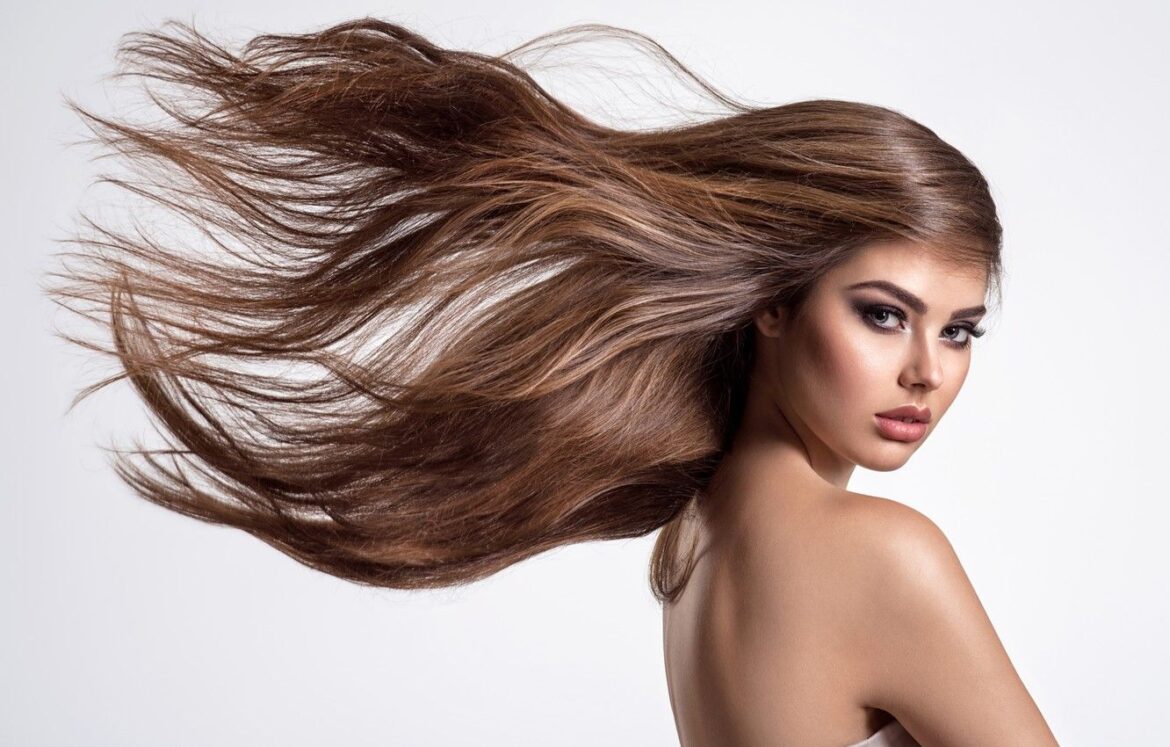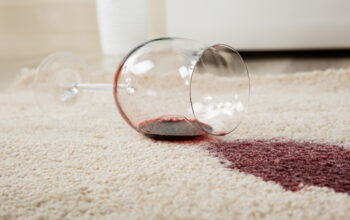7 Simple Healthy Habits For A Healthier Hair And Scalp
A healthy scalp is a foundation for healthy hair, but sometimes it’s hard to know how to keep your scalp in tip-top condition. In this blog post, we’ll share some simple healthy habits for healthier hair and scalp. From the foods, you eat to the products you use.
1. Eat a Healthy Diet
A healthy diet is one of the best things you can do for your hair and scalp. Eating a variety of nutritious foods helps to keep your hair and scalp healthy, and can even help to prevent some common problems.
Here are some tips for eating a healthy diet:
- Eat plenty of fruits and vegetables. Fruits and vegetables are packed with vitamins, minerals, and other nutrients that are essential for healthy hair and scalp. Make sure to include a variety of different colors of fruits and vegetables in your diet to get the most benefit.
- Limit processed foods. Processed foods are often high in unhealthy fats, sugars, and other ingredients that can be damaging to your hair and scalp. Choose whole, unprocessed foods as much as possible.
- Get enough protein. Protein is essential for strong, healthy hair. Good sources of protein include lean meats, poultry, fish, beans, tofu, nuts, and seeds.
- Avoid crash diets or extreme calorie restrictions. Crash diets or other forms of extreme calorie restriction can lead to nutritional deficiencies that can be harmful to your hair and scalp. If you want to lose weight, do it slowly and healthily by making small changes to your diet and lifestyle.
2. Get Enough Sleep
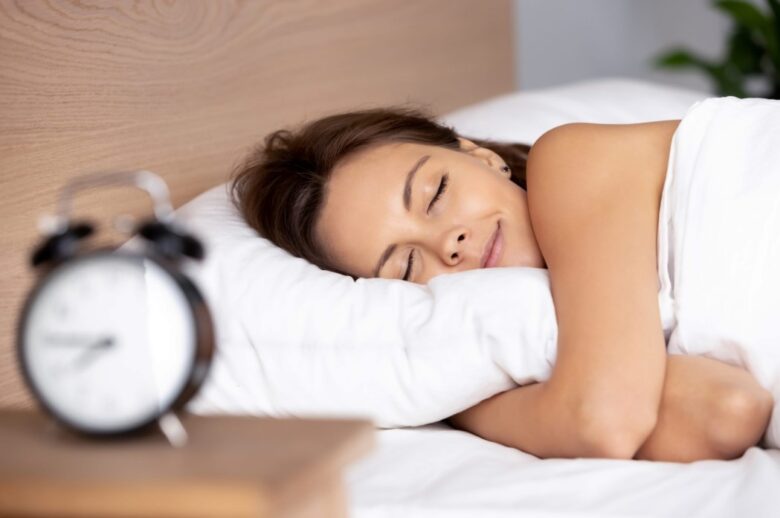
To have healthy hair and scalp, one of the most important things you can do is to get enough sleep. That’s because, during sleep, your body is able to repair itself from the damage done during the day.
When you don’t get enough sleep, your body doesn’t have time to repair itself. This can lead to a number of health problems.
There are a few things you can do to make sure you’re getting enough sleep.
First, try to go to bed at the same time every night. This will help your body get into a regular sleep cycle.
Second, create a relaxing bedtime routine. This can include taking a warm bath or reading a book before bed.
Finally, make sure your bedroom is dark and quiet. This will help your body relax and fall asleep more easily.
3. Take Vitamins and Supplements
Just like the rest of your body, your hair and scalp need nutrients to stay healthy. Vitamins and minerals play a vital role in keeping your hair strong and lustrous.
There are a few vitamins and supplements that are particularly beneficial for hair health.
- Vitamin A helps to keep the scalp moisturized, which can prevent dryness and flakiness.
- B vitamins are essential for healthy hair growth, and biotin (a B vitamin) is often touted as a miracle cure for thinning hair.
- Vitamin C is important for collagen production, which helps to keep hair strong.
- Vitamin E has antioxidant properties that can help to protect the scalp from damage caused by free radicals.
If you’re looking to give your hair a boost, consider adding some of these vitamins and supplements to your diet. You can find them in pill form at most drugstores or online, or try with ch.atomy.com.my.
4. Use Essential Oils
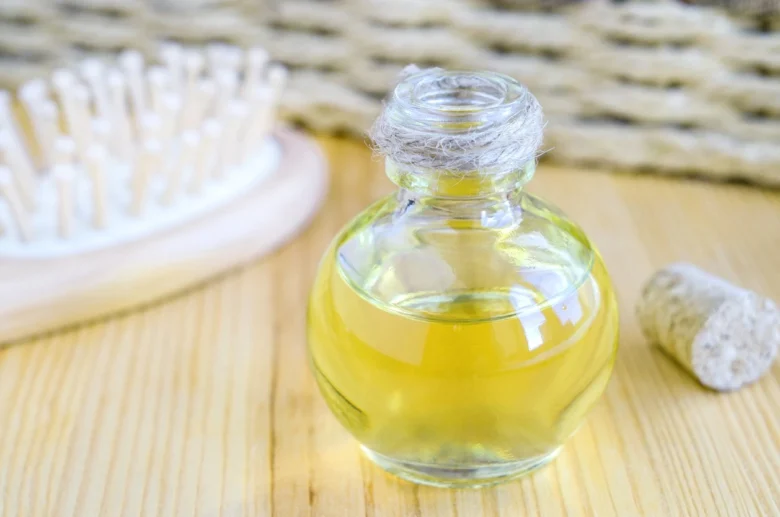
Essential oils can help to promote hair growth, prevent dandruff, and keep your scalp healthy. There are a few essential oils that are particularly good for it. These include:
- Tea tree oil: Tea tree oil has antibacterial and anti-inflammatory properties. It can help to treat dandruff and dry scalp conditions.
- Lavender oil: Lavender oil is known for its calming properties. It can also help to stimulate hair growth.
- Rosemary oil: Rosemary oil has stimulating properties that can help to promote hair growth. It also has antimicrobial properties that can help to keep the scalp healthy.
- Peppermint oil: Peppermint oil has both stimulating and cooling properties. It can help to increase circulation to the scalp, which can promote hair growth. It can also help to soothe an itchy or dry scalp.
5. Manage Stress
Stress can cause a variety of problems for your hair and scalp, including hair loss, dandruff, and an unhealthy appearance.
There are a number of ways to manage stress in your life.
- Exercise is a great way to reduce stress, as it helps to release endorphins that improve your mood.
- Meditation and deep breathing exercises can also help to reduce stress levels.
- In addition, try to get enough sleep each night and take time out for yourself each day to relax and de-stress.
6. Practice Good Hygiene
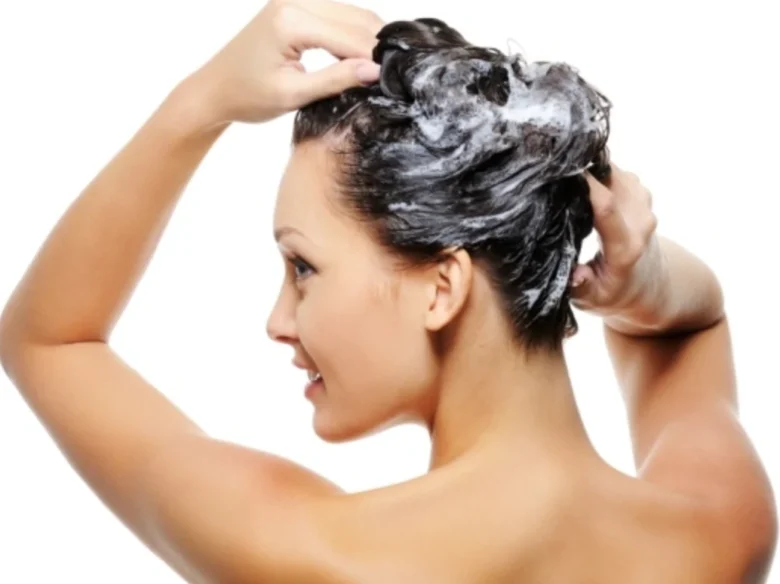
If you want to have healthy hair and a healthy scalp, you need to practice good hygiene. This means shampooing your hair regularly with a mild shampoo and keeping your scalp clean and free of buildup. You should also avoid using harsh chemicals or styling products, as these can damage the hair and scalp. In addition, you should brush your hair regularly to keep it from tangling and matting.
7. Use Natural Products
The best thing you can do is use natural products. This means products that are free of harsh chemicals and full of nourishing ingredients.
Look for shampoos, conditioners, and treatments that are made with natural ingredients like coconut oil, avocado oil, argan oil, etc. These oils are incredibly nourishing and will help to keep your hair and scalp healthy.
In addition to using natural products, make sure you’re also getting enough vitamins and minerals in your diet. Foods like salmon, sweet potatoes, and spinach are all great for healthy hair and scalp.

Conclusion
There are a lot of small changes we can make in our daily hair and scalp care routines that can have a big impact on the health of our hair and scalp. By following these simple tips, you can achieve healthier hair and a healthier scalp. Do you have any other tips for healthy hair and scalp care?

